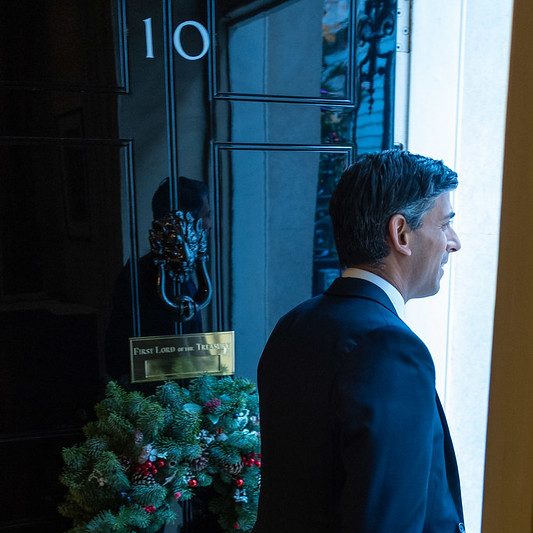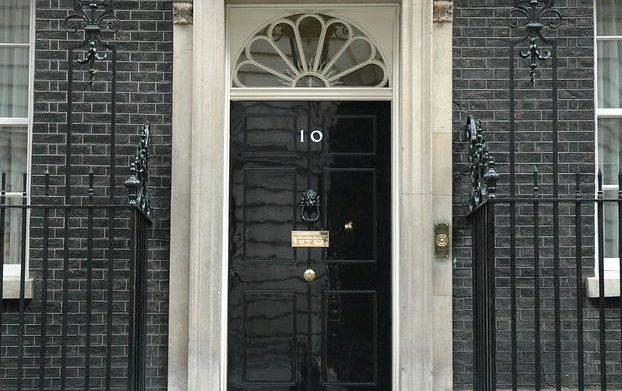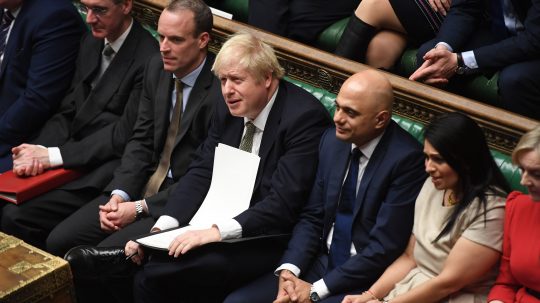2022 may be remembered as one of the more turbulent years for human rights in the UK. Now, we look ahead at what might be in store for our rights in 2023.
The return of the Bill of Rights?
Whilst the Bill of Rights Bill (BORB) was shelved when Liz Truss, then prime minister, formed a new government in September last year, Dominic Raab’s return as justice secretary under new prime minister Rishi Sunak may herald its return.
The concept of a ‘British Bill of Rights’ has been bandied around some circles in Westminster for years, but the prospect of it actually becoming a reality has drawn closer since the government launched a controversial and heavily criticised consultation on the functioning of the current Human Rights Act (HRA) in 2021.
It was announced during the state opening of parliament that the BORB would be brought back in 2023. If passed, it would replace the HRA, which has proven a vital safeguard for people’s rights in the UK since 1998.
The BORB has been criticised for potentially:
- Putting less onus on public authorities proactively to protect our rights
- Making justice less accessible and deflecting scrutiny from the government
- Making deportations easier
- Lessening the regard UK courts have for the European Court of Human Rights
One of the main effects of parliament passing the Bill of Rights would be to dilute positive obligations, which, as things stand, place a duty on public authorities to take active steps to prevent people’s rights being violated.
Will the judgment that the government’s ‘Rwanda policy’ is lawful be appealed?
The High Court ruled in December that the government’s Rwanda policy, which was labelled “awful” by former child refugee Lord Dubs, is lawful. This follows an intervention from the European Court of Human Rights, which, in a last-minute ruling earlier last year, stopped any flights under the scheme until the UK’s domestic courts could determine if the policy is legal. While the policy itself has been deemed lawful, eight individual cases will be determined separately and another hearing could be launched in 2023, if an appeal is lodged.
The High Court found that home secretary Suella Braverman has not yet properly considered the particular circumstances of the eight individual claimants whose cases were heard. In turn, the judgment was made that those cases will be ‘set aside’ for her to consider. She must decide if there is anything about each person’s specific circumstances that means their asylum claim should be determined in the UK, or whether there are other reasons they should not be relocated to Rwanda.
It is reported that ministers are keen to start sending people who have tried to cross the English Channel to Rwanda “as soon as possible” following the ruling. However, a spokesperson for prime minister Rishi Sunak refused to comment on whether such flights would actually take off before the next general election, which is expected to be held in 2024.
Will the UK pull out of the European Convention on Human Rights?
The European Convention on Human Rights (ECHR) protects the human rights of people in countries that belong to the Council of Europe (CoE).
The CoE is a separate entity from the European Union (EU) and much larger, with 47 members, as apposed to the EU’s 28. The UK’s history with the Council of Europe is longer than its relationship with the European Union, as it joined the CoE 24 years before it joined the EU.
While the UK’s membership of the CoE is unaffected by Brexit, senior cabinet ministers have stated that they would be prepared to pull the UK out of the ECHR in order to press ahead with their Rwanda policy, which would see people seeking asylum moved to the east African country, where their asylum claim would be assessed.
The CoE was founded after World War II to protect human rights and the rule of law, and to promote democracy. The ECHR guarantees specific rights and is a framework people can invoke, should their rights and freedoms be compromised.
The UK’s own HRA reflects the rights included in the ECHR, including rights to freedom from torture, to a fair trial and to respect for family and private life, to name a few.
Legislation moving through parliament
In the state opening of parliament in 2022, the then Prince Charles, now King, announced that the government was set to introduce 38 Bills to Parliament, many of which relate to human rights and will return in 2023.
The Online Safety Bill is due to enter its report stage on 16 January 2023.
The House of Lords will consider the Public Order Bill, the National Security Bill, the Northern Ireland Troubles Bill, the Schools Bill and the Modern Slavery Amendment Bill.
Further progress is expected on the Draft Victims Bill which has undergone pre-legislative scrutiny and went through a report stage in 2022.
The Social Housing (Regulation) Bill will also be back in the House of Commons this year for a third reading before it is considered for Royal Assent.





